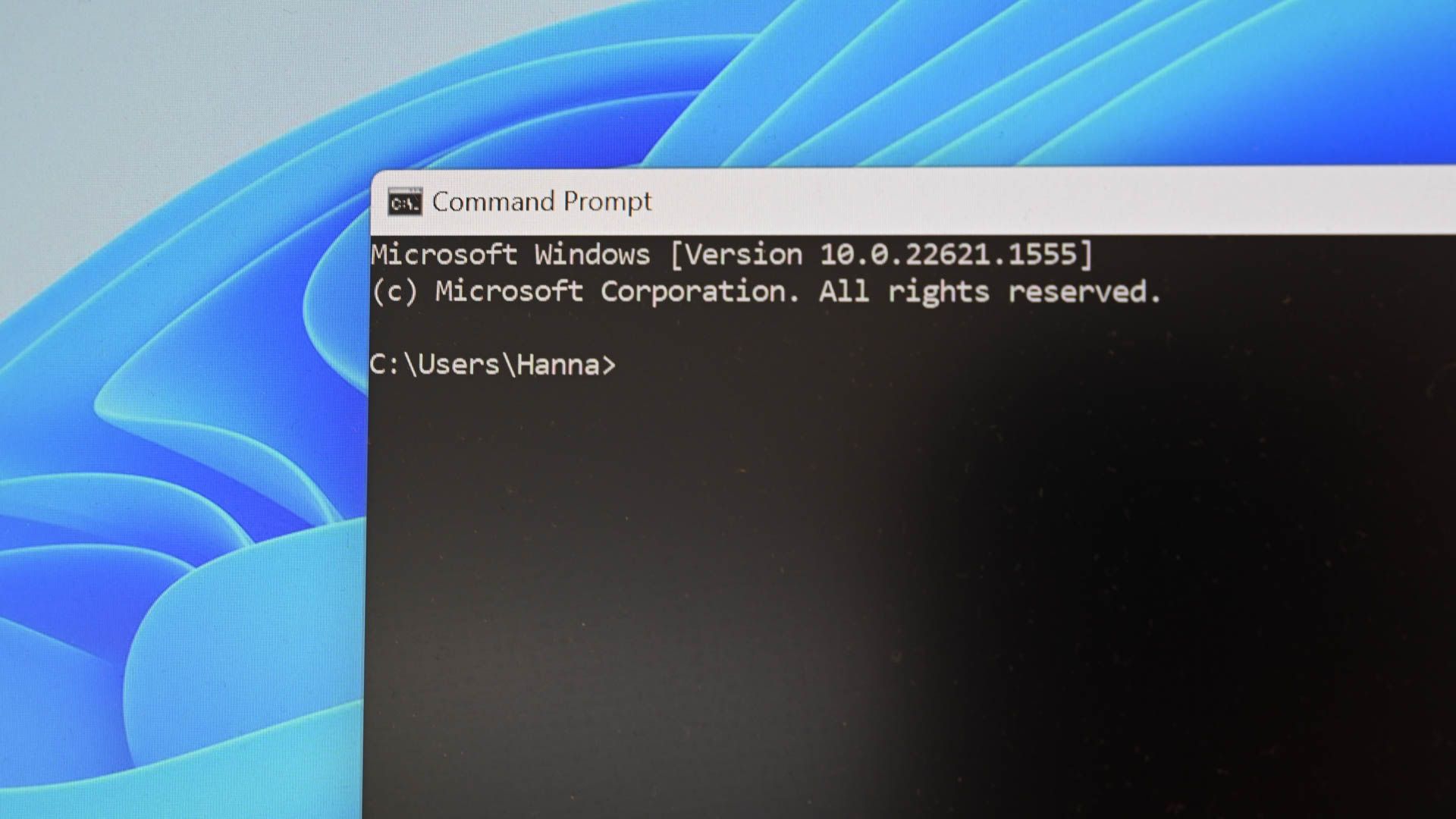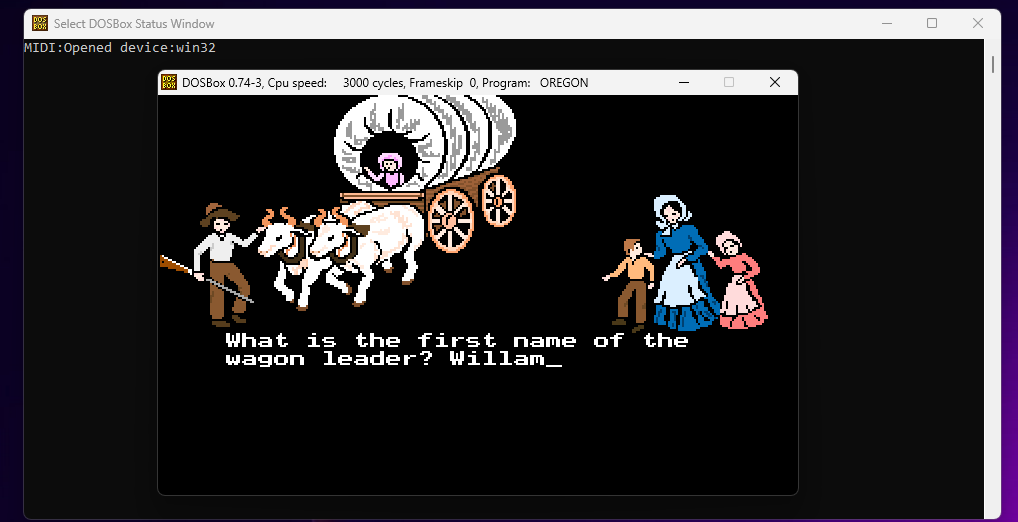Microsoft’s support for Windows 10 is ending soon, but so many gamers have avoided upgrading to Windows 11. What makes Windows 10 such a great operating system for gamers? What do we like about it so much? And what would it take to get us to switch to Windows 11?
Many Steam Users Seem to Be Switching…But Slowly
The 2024 Steam User Survey collected data from all of Steam’s users on several metrics, from the processors used to the user’s operating systems. Windows 10 support is scheduled to end in October 2025, making it just a little over a year left for the operating system to keep getting updates from Microsoft. Yet, despite this, almost half of all gamers surveyed in the Steam User Survey still used Windows 10. A year ago, this user difference was much more significant, showing that adoption is happening, but it’s going very slowly.
Windows 11 had a few hiccups when it was first launched, including some aggravating requirements, like TMP 2.0 or a newer CPU, that slowed down adoption. Gamers with rigs that could run the OS were turned off because of those compatibility issues. Gamers have also discussed the difference between Windows 10 and 11 and whether switching makes sense at all, given that there are relatively few exclusive features. These discussions have been going on for years. Users realize they’ll have to do it at some point, but a huge segment is holding off until the last possible moment.
While there are things I dislike about Windows 11, it’s not a bad operating system. A few tweaks could even make it great for gaming. So why are so many gamers still holding onto the past with both hands?
Many Gamers Are Worried About Compatibility and Performance
Do you know how satisfying it feels to have a chair configured to your perfect specifications and that feels like it’s just built for you? That’s how Windows 10 users feel when gaming on the operating system. Anything that could go wrong can be easily sorted, and errors weren’t likely to be something they haven’t seen before. Most troubleshooting can be done without having to search for a fix, and if you do have to search for something, the odds are good that it has been extensively documented somewhere already.
Windows 11 is a new, uncharted area for these gamers. As one recent example, there was an issue with Ryzen (AMD) cache latency that significantly hurt performance, which has been resolved with a Windows 11 update. Even so, there are other issues that may yet to surface, making games wary of adopting the new operating system.
One of the most significant hurdles to adoption for gamers is TPM 2.0. Many gamers—myself included—got the message that our machine couldn’t run Windows 11, which was ridiculous considering our hardware was current generation. Windows 11 demanding TPM meant that we had to figure out how to enable it on our systems to upgrade to the new operating system. When you only have a few hours for gaming a week, you don’t want to spend it researching how to make sure your system can upgrade to the newest version of the operating system.
If gamers want to stay on top of current technology, they’ll have to upgrade at some point, but Windows 11 has not made this switch an easy one.
Gamers Who Play Retro Titles Feel It The Most
Well, let’s say you aren’t interested in the cutting edge of graphic enhancements. You could still hang out on Windows 10 and play your games. Windows 11 doesn’t really offer much in terms of improvements there. Truthfully, Windows 11 may be a worse experience for you if you’re used to playing older titles.
There are ways to run DOS in Windows 10, and if you’re a retro gamer playing old classics like Baldur’s Gate 2 or Warcraft: Orcs and Humans, you’d probably know all about doing that. However, what happens when you shift your operating system to the newest iteration of Windows? Bad things happen.
Performance on those games are similar across both of the operating systems. However, as someone who reinstalled DosBox on my Windows 11 machine and figured out how to get The Elder Scrolls 2: Daggerfall (which is now free, by the way) to run on it, it’s not exactly the easiest thing to do. It’s even more complicated if you can’t remember where you installed the title, but I digress. Installing software to get access to older DOS games is a headache. If I had installed this game on Windows 10, I’d have balked having to do it all over again when I made the switch.
Gamers Like Operating Systems They Know
Despite their interest in exploring virtual worlds, gamers are creatures of habit. We appreciate the familiarity of what we know, including operating systems. Many discussions have popped up on social media that support this premise, with many gamers stating that they just feel more comfortable with Windows 10. Some gamers point out that unless they’re doing a fresh install of the operating system, they’ll stick with what they’re already running—Windows 10.
Most gamers who are using Windows 10 think it’s just not worth all the effort of getting their OS tailored to themselves all over again when they’re comfortable with their current experience. More thoughtful gamers have noted that Windows 11 can have installation issues that are harder to sort out than those that may appear with Windows 10, so waiting for the bugs to be solved is a better idea. Those who want a stable operating system should stick to Windows 10, since there’s less chance of a bug causing issues within a game.
Even the users who switched to Windows 11 dived into a discussion about how to make it look more like Windows 10. Between the added clicks to access files and the minor annoyances they face learning how to navigate the operating system, many gamers concluded that if it isn’t broken, don’t fix it. These gamers will likely be using Windows 10 until support ceases.
Windows 10 Is Going To Hang Around Gamer PCs For a While
The Steam Survey showed that users are slowly moving from Windows 10 to Windows 11, with the latter showing a 3.7% increase over last year. It’s not a lot, but it’s something. Yet, looking at the comments in gaming forums and social media makes it clear that Windows 10 gamers aren’t too concerned about switching their operating systems just yet. Discussions have highlighted that Windows 10 gamers will switch at some point, but it’s not a huge priority for their gaming experience. Windows 11 just isn’t different enough to Windows 10 to have them clamoring to change.


